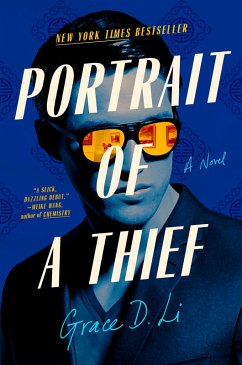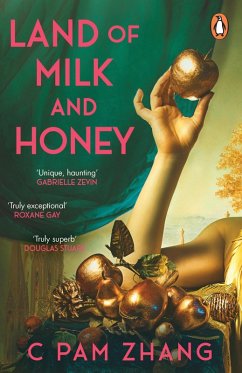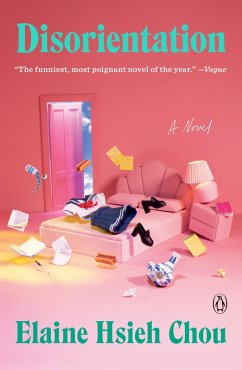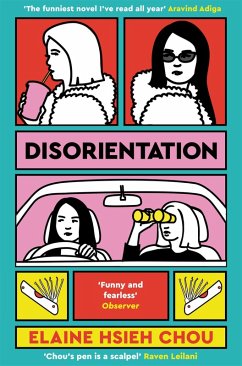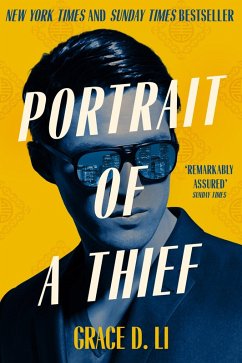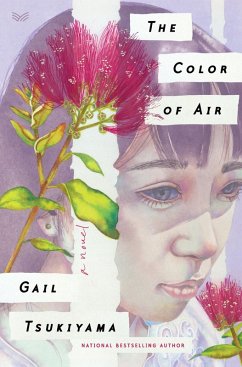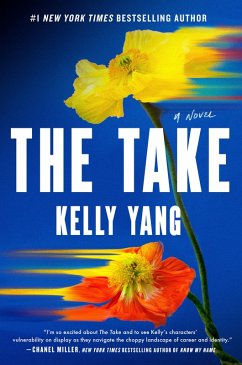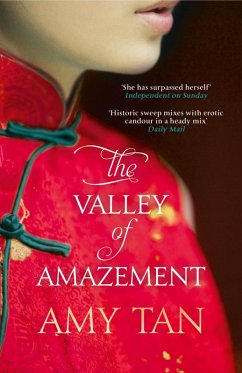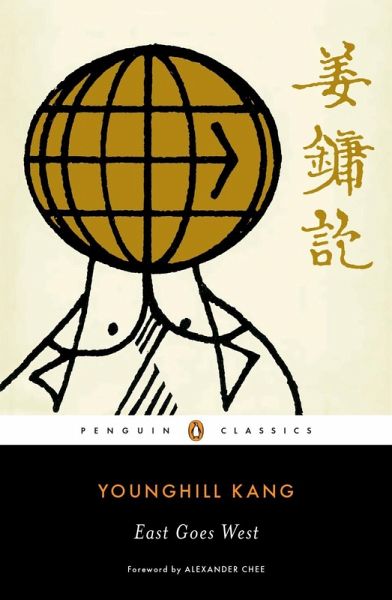
East Goes West (eBook, ePUB)
Versandkostenfrei!
Sofort per Download lieferbar
4,99 €
inkl. MwSt.
Weitere Ausgaben:

PAYBACK Punkte
2 °P sammeln!
One of The Atlantic's Great American Novels of the Past 100 Years "A wonderfully resplendent evocation of a newcomer's America" (Chang-rae Lee, author of Native Speaker) by the father of Korean American literature A Penguin Classic Having fled Japanese-occupied Korea for the gleaming promise of the United States with nothing but four dollars and a suitcase full of Shakespeare to his name, the young, idealistic Chungpa Han arrives in a New York teeming with expatriates, businessmen, students, scholars, and indigents. Struggling to support his studies, he travels throughout the United States and...
One of The Atlantic's Great American Novels of the Past 100 Years "A wonderfully resplendent evocation of a newcomer's America" (Chang-rae Lee, author of Native Speaker) by the father of Korean American literature A Penguin Classic Having fled Japanese-occupied Korea for the gleaming promise of the United States with nothing but four dollars and a suitcase full of Shakespeare to his name, the young, idealistic Chungpa Han arrives in a New York teeming with expatriates, businessmen, students, scholars, and indigents. Struggling to support his studies, he travels throughout the United States and Canada, becoming by turns a traveling salesman, a domestic worker, and a farmer, and observing along the way the idealism, greed, and shifting values of the industrializing twentieth century. Part picaresque adventure, part shrewd social commentary, East Goes West casts a sharply satirical eye on the demands and perils of assimilation. It is a masterpiece not only of Asian American literature but also of American literature. Celebrate Asian American and Pacific Islander (AAPI) Heritage Month with these three Penguin Classics: America Is in the Heart by Carlos Bulosan (9780143134039) East Goes West by Younghill Kang (9780143134305) The Hanging on Union Square by H. T. Tsiang (9780143134022)
Dieser Download kann aus rechtlichen Gründen nur mit Rechnungsadresse in A, B, BG, CY, CZ, D, DK, EW, E, FIN, F, GR, HR, H, IRL, I, LT, L, LR, M, NL, PL, P, R, S, SLO, SK ausgeliefert werden.




